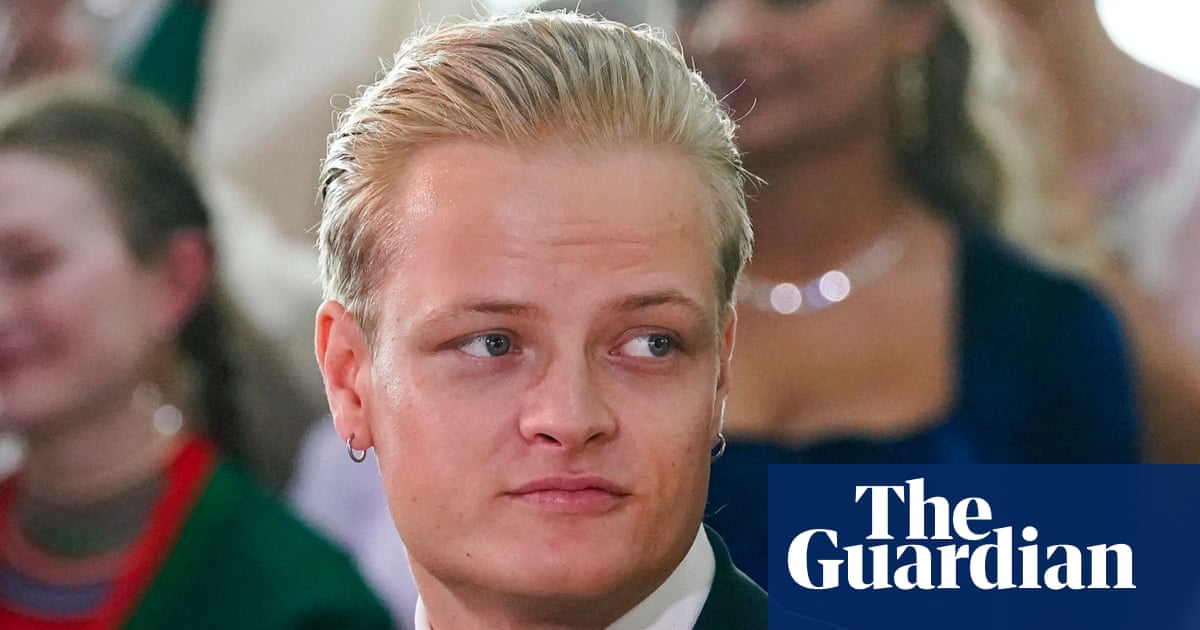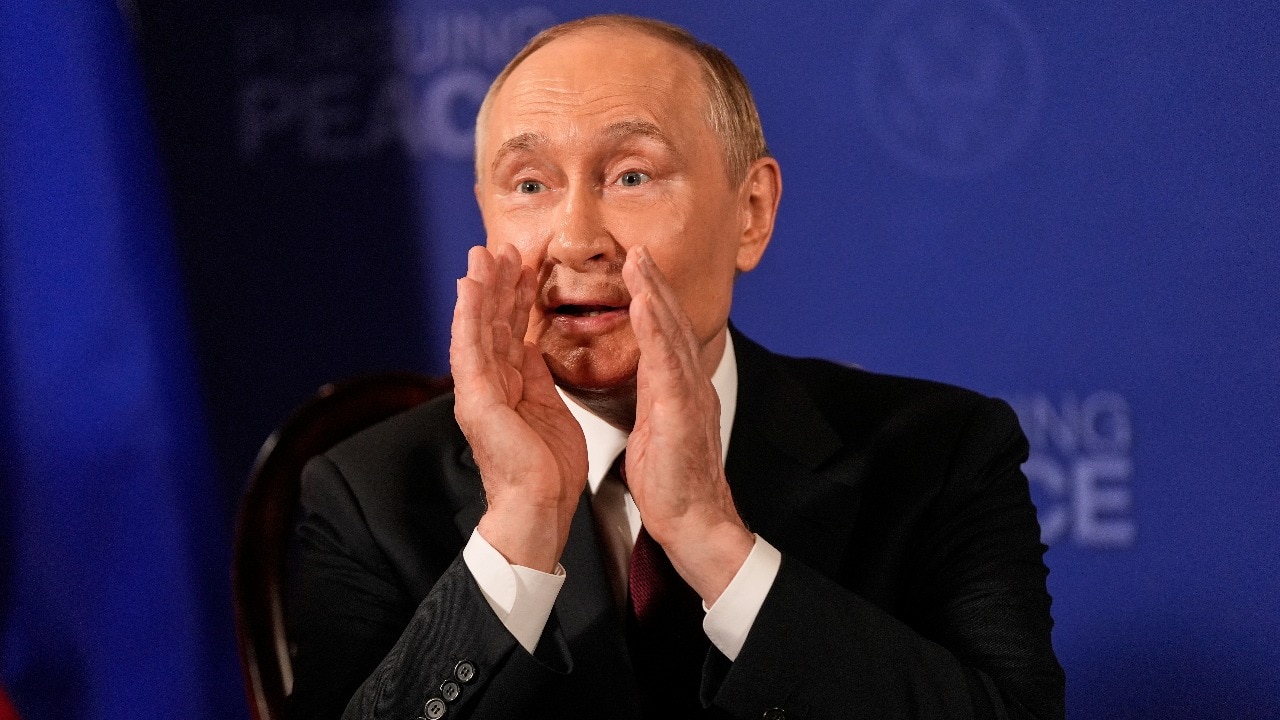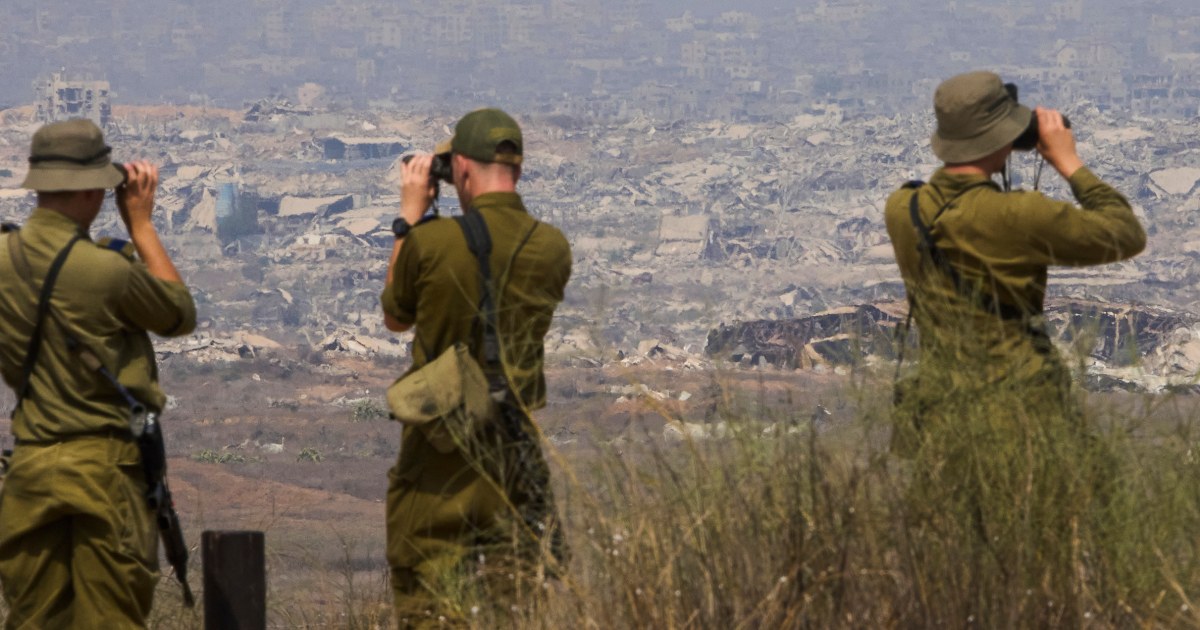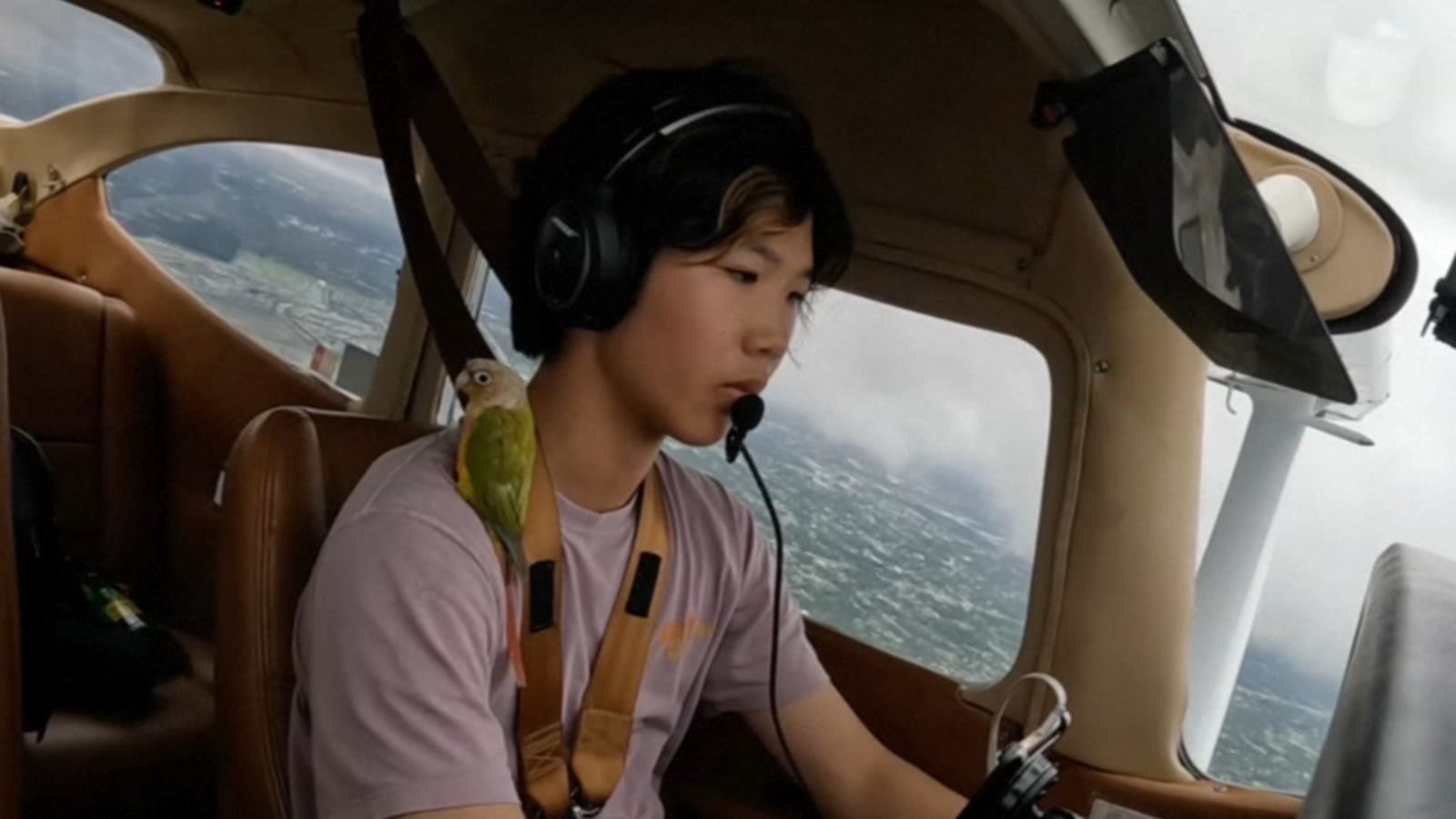Australia Bans YouTube for Kids Under 16: The Shocking Reason Behind This Controversial Decision!

Imagine a world where children are shielded from the very platforms that have become synonymous with entertainment and creativity. This is becoming a reality in Australia, where the government has just announced a ban on children under the age of 16 from accessing YouTube. The move, driven by concerns over harmful algorithms targeting young minds, has sparked a heated debate across the nation.
On Wednesday, Prime Minister Anthony Albanese made a bold statement during a press conference, emphasizing that this decision was made to protect the youth from what he called 'predatory algorithms.' This ban isn't happening in isolation either; it's part of a broader crackdown on social media accessibility for children. Last year, Australia already prohibited minors from platforms like Facebook, Instagram, Snapchat, TikTok, and X, with this YouTube ban set to take effect on December 10.
Albanese explained, “Young people under the age of 16 will not be able to have accounts on YouTube. They will also not be able to have accounts on other major platforms. We want Australian parents and families to know that we have got their back.” His remarks resonate with many parents who are increasingly worried about the content their children consume online.
But the backdrop to this decision is alarming. According to Communications Minister Anika Wells, a staggering four in ten Australian children have reported encountering harmful content on YouTube—a platform that boasts billions of users worldwide. “We want kids to know who they are before platforms assume who they are,” Wells explained, emphasizing the need for children to develop their identities away from social media's influence.
While the government acknowledges that this ban is not a one-size-fits-all solution, they firmly believe it’s a necessary step. Albanese remarked, “We know that social media is doing social harm,” signaling a clear intent to protect the nation's youth.
Interestingly, YouTube's response was one of surprise. A spokesperson for the platform expressed that this sudden policy shift represents a dramatic change in the government’s approach. “Our position remains clear: YouTube is a video sharing platform with a library of free, high-quality content, increasingly viewed on TV screens,” they stated.
However, the stakes are high. If YouTube fails to comply with the new regulations, it could face a hefty fine of A$49.5 million (approximately $32.2 million). With such penalties on the line, the platform is now under pressure to adapt quickly.



























